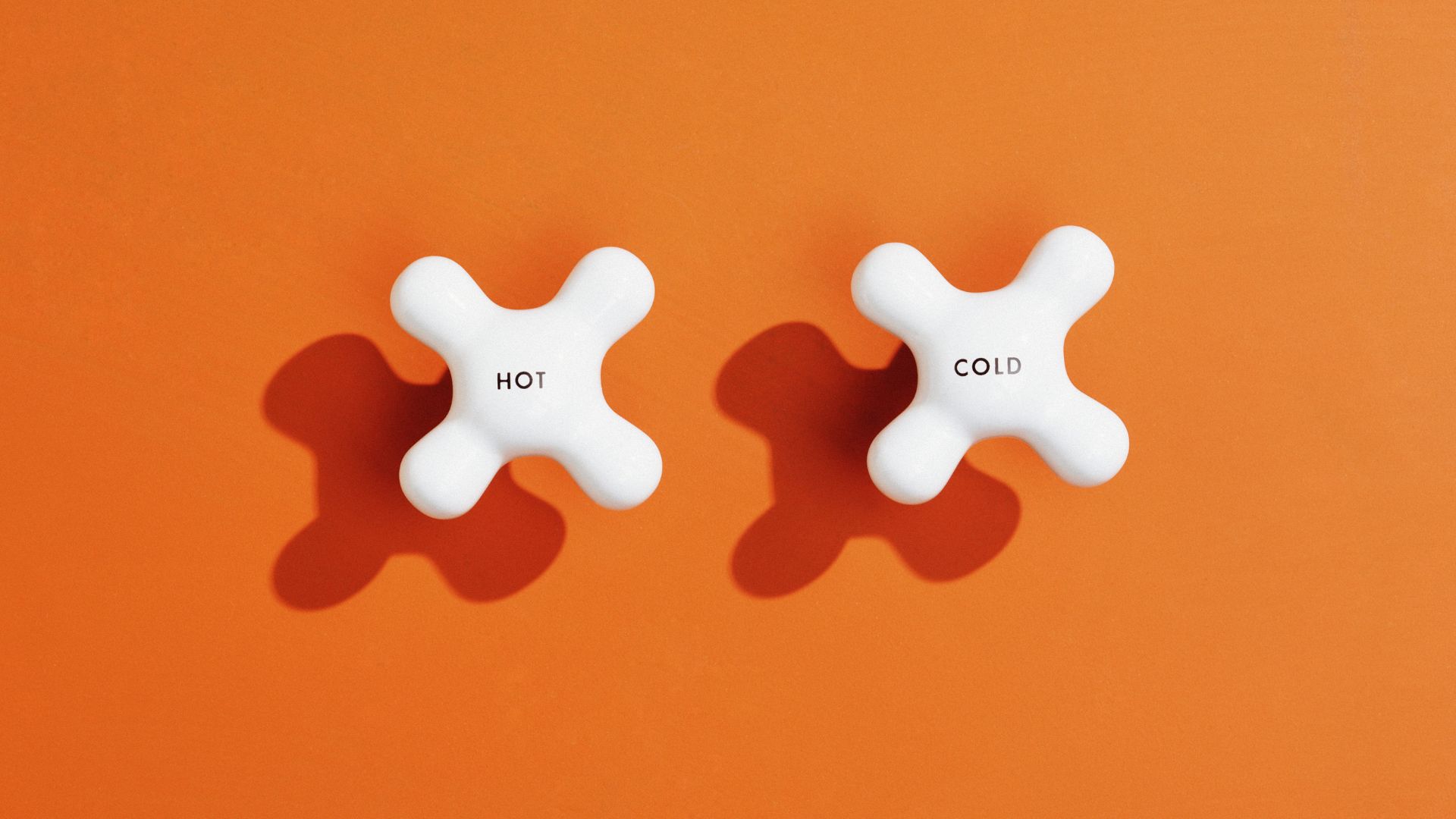Health & Wellbeing
Expert advice, tips and guidance from medical and healthcare professionals to help you take care of your physical health and mental wellbeing
Explore Health & Wellbeing
Latest
-
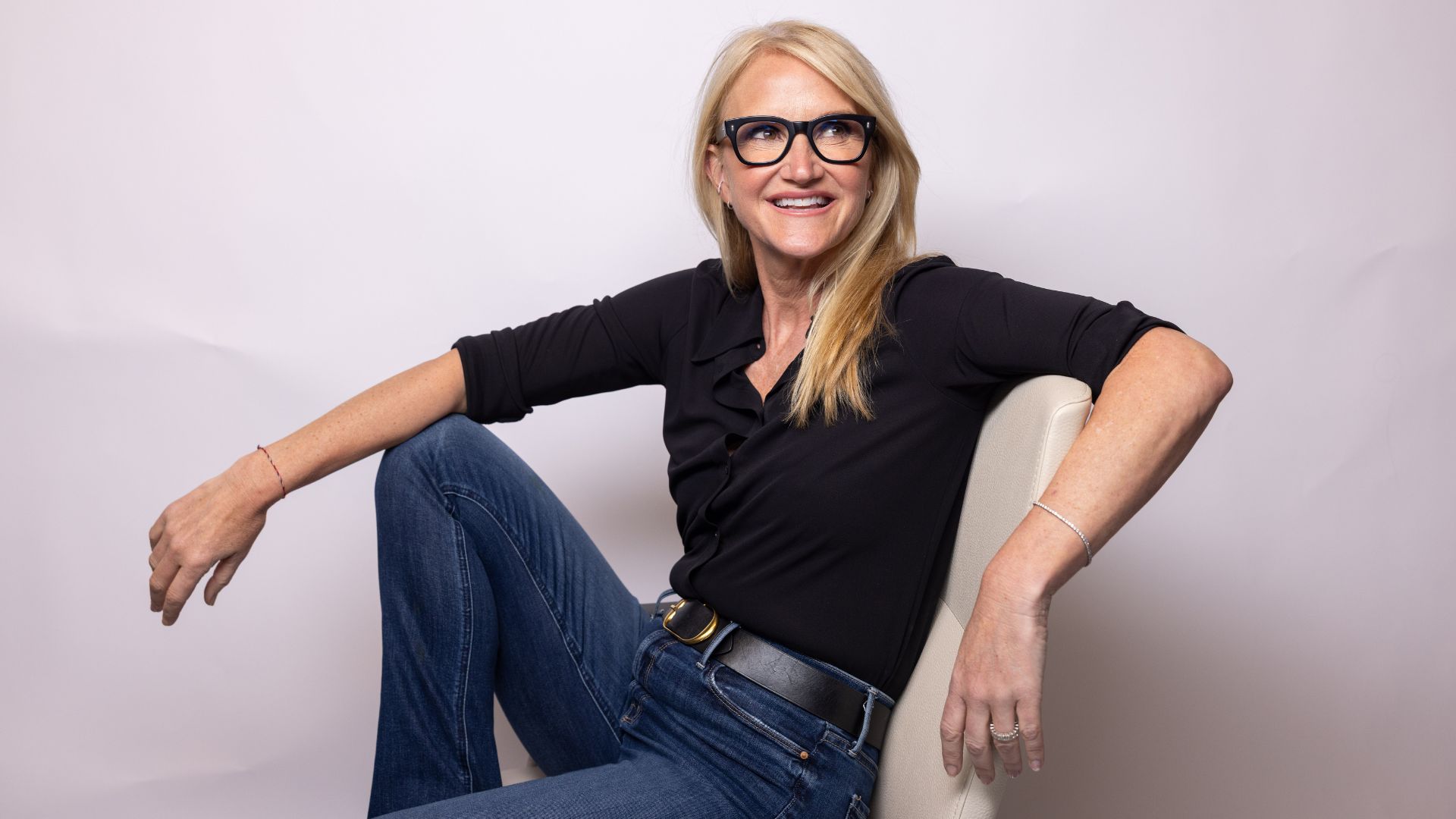
Mel Robbins loves this coffee with a twist - and experts agree it’s a great way to wake up in the morning
The podcaster spoke to Dr Stacy Sims, a leading women's health expert, and shared why this particular coffee can be so beneficial for women in the morning
By Becky Spicer Published
-
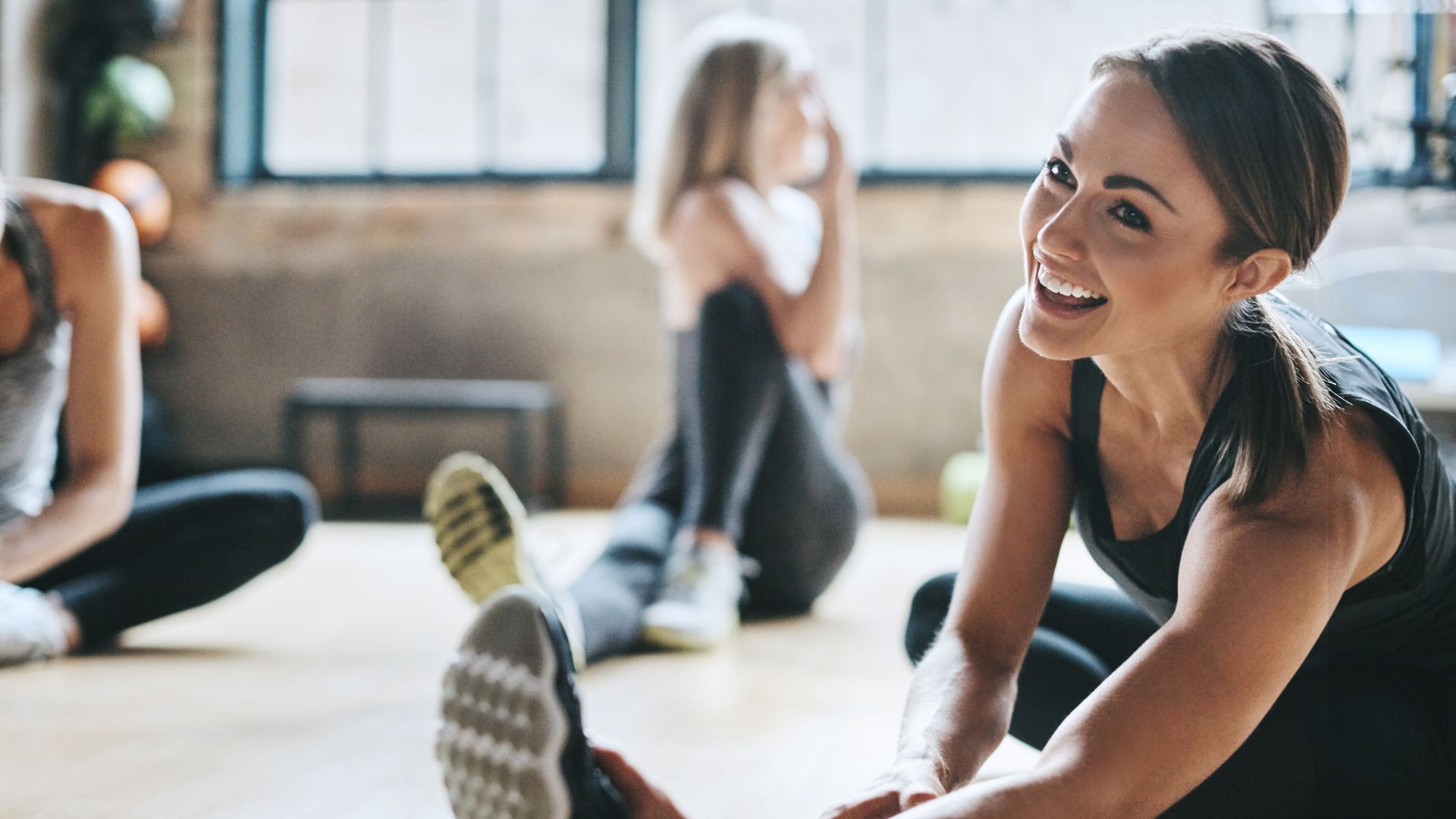
This physio and PT love the step-up exercise for good reason - it's all you need to get stronger
The step-up exercise builds strength one leg at a time, improving balance, stability and strength simultaneously
By Grace Walsh Published
-
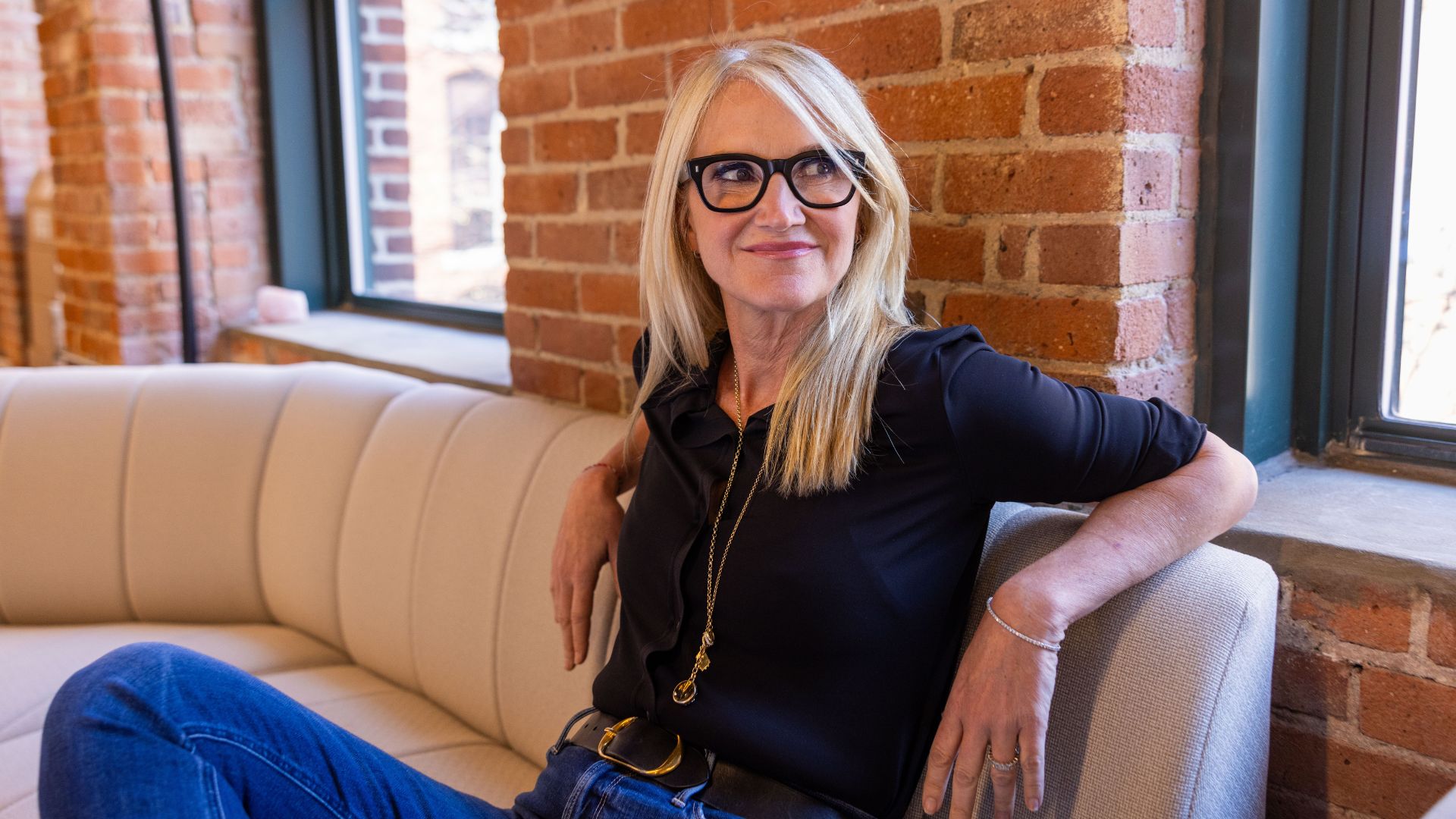
Mel Robbins reveals how to stop ‘worst case scenario’ thinking
Mel wants you to use this technique next time you catch yourself thinking negatively
By Charlie Elizabeth Culverhouse Published
-

Dr Amir Khan reveals the 'subtle' signs of dehydration you might miss in the hot weather
There's a lot more to the symptoms of dehydration than simply feeling thirsty, the GP and ITV regular tells woman&home
By Kat Storr Published
-
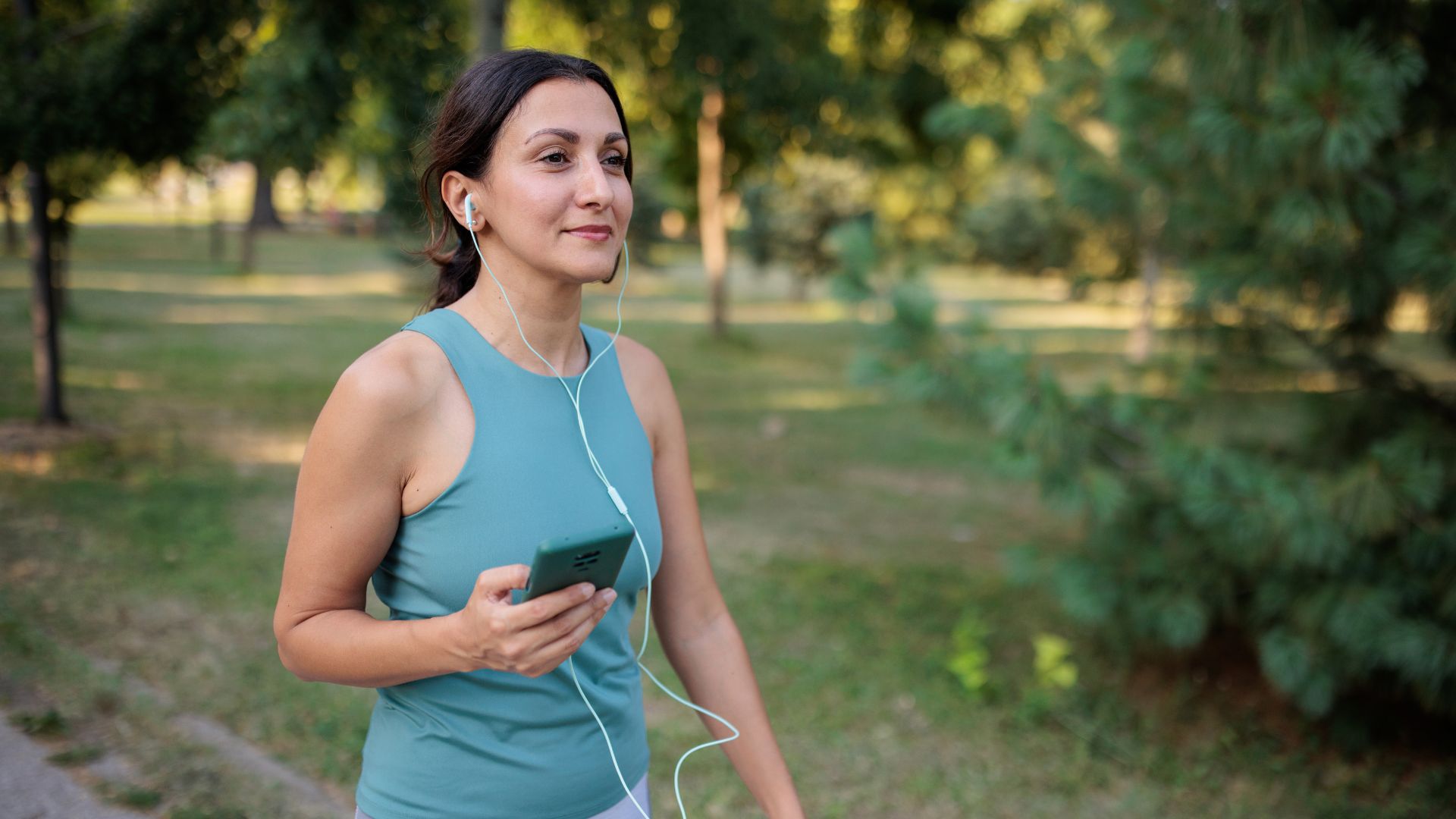
Walking may dramatically reduce back pain risk - provided you follow this one 'simple' rule, new study reveals
Exercise is important for avoiding back pain, one of the most common global health issues, but the research sheds light on the benefits of walking in particular
By Kat Storr Published
-
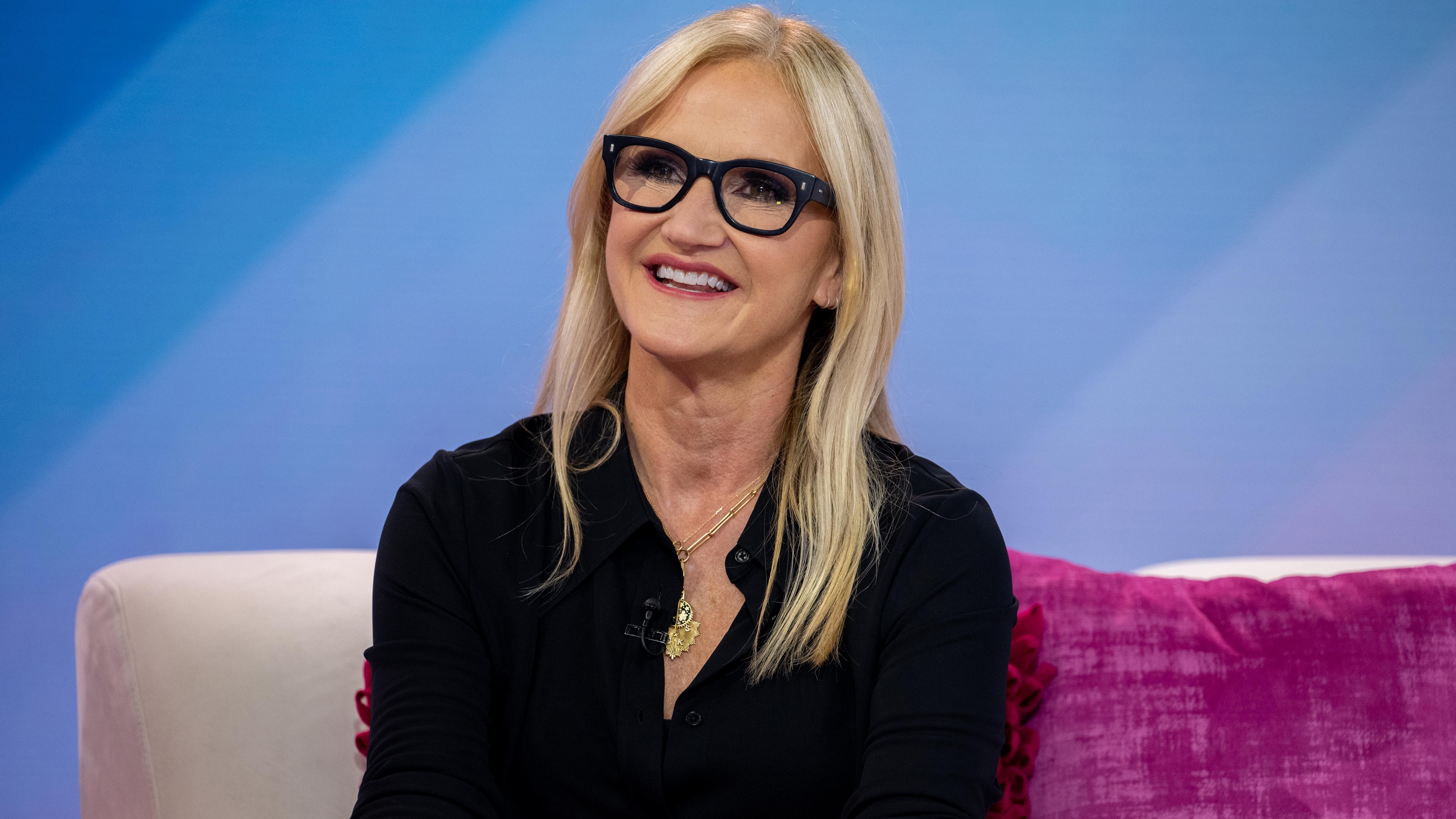
Mel Robbins reveals the '6 lessons' you need to learn to 'live the life that you want'
The 'simple' mindset hacks and mantras can help you overcome your fears and 'live the life that you want'
By Charlie Elizabeth Culverhouse Published
-

Not keen on sit-ups? Jessica Alba's PT has a 3-move core workout that boosts strength and stability without them
Personal trainer Ramona Braganza helps keep some of Hollywood’s biggest stars fit and healthy, including Jessica Alba, her client and friend of over 20 years
By Kat Storr Published
-
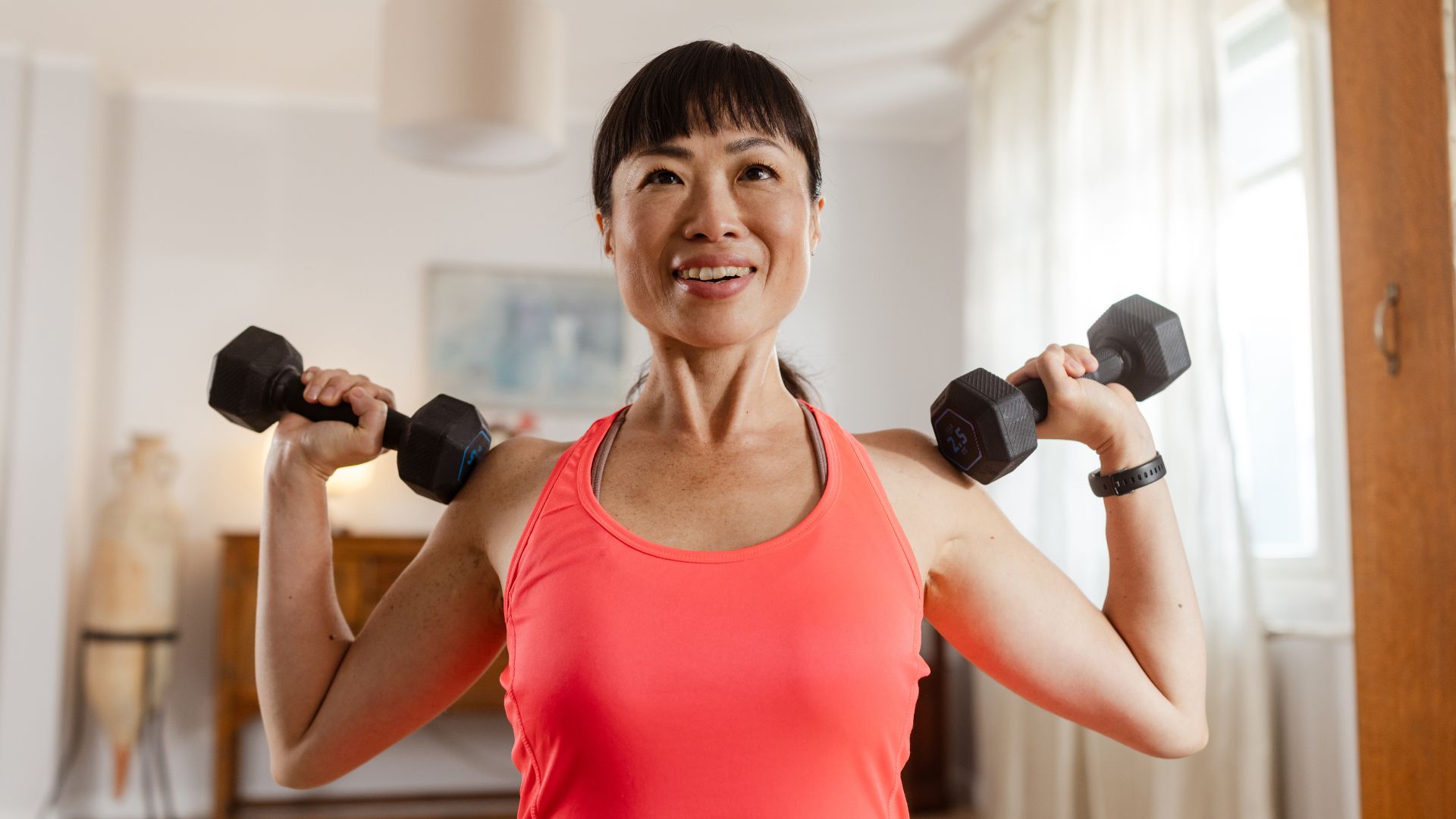
Are free weights better than machines? I've finally found my answer with this study
Standing in the gym with limited time, I'm often left weighing up free weights vs machines for my workout
By Kat Storr Published
-
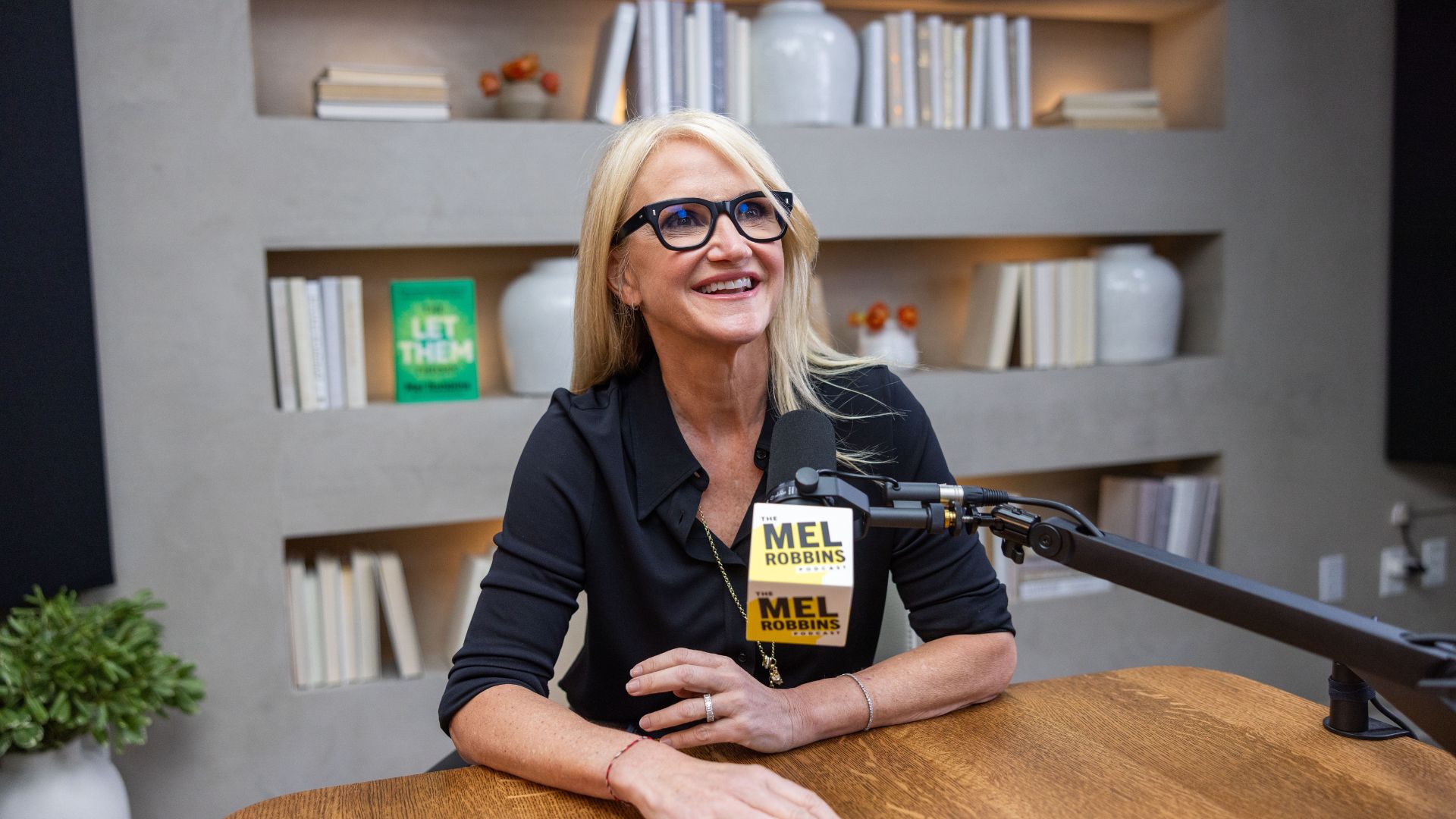
Mel Robbins reveals 7 'tiny habits' to make your life better - and they're backed by research
Tired? Overwhelmed? The best-selling author shares ‘tiny habits’ that work wonders to making you feel better
By Jack Slater Published
